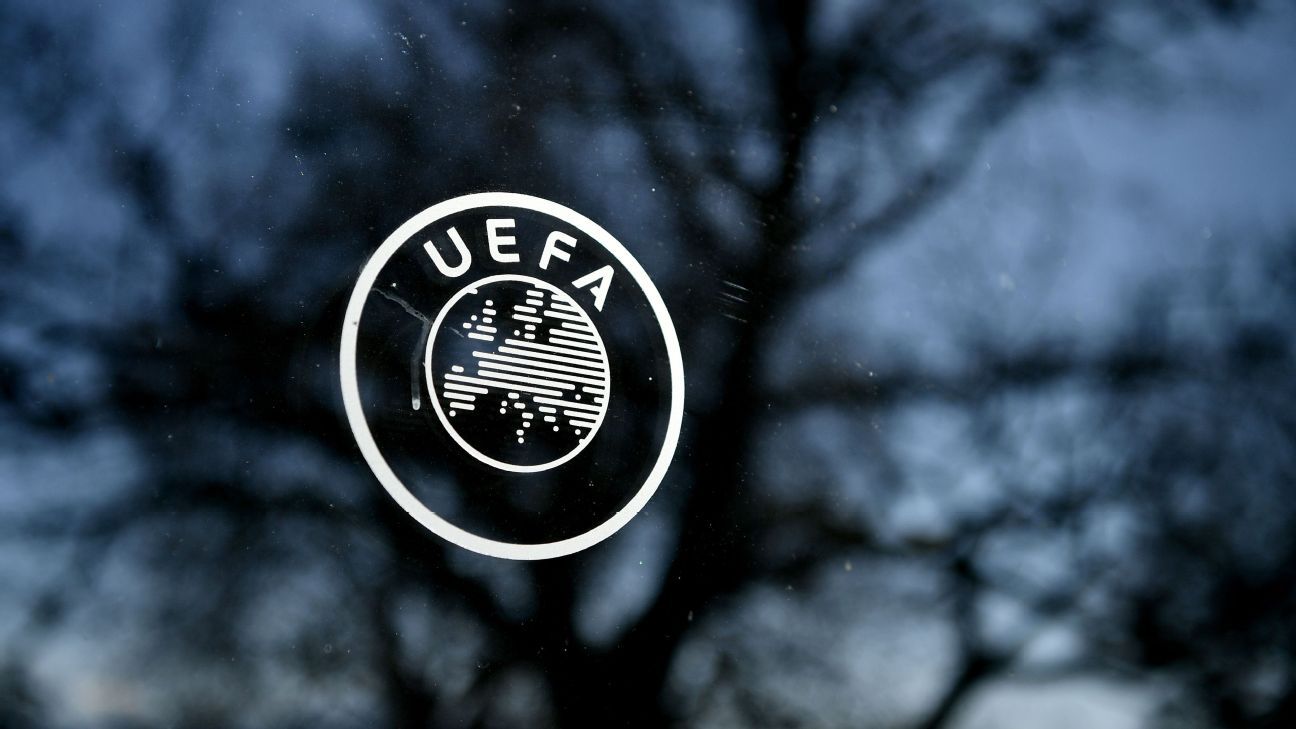
Commonwealth 100m champion to miss Tokyo Olympics after being suspended for ‘whereabouts failures’
Sprinter Michelle-Lee Ahye, who won Commonwealth 100m gold for Trinidad and Tobago in 2018, is set to miss the Tokyo 2020 Olympic Games after receiving a two-year ban for ‘whereabouts failures’.
The 27-year-old, who claimed 4x100m bronze at the 2015 IAAF World Championships in Beijing, has also had her results from April 19 to August 30 of last year disqualified, which means a loss of her Pan American Games 100m silver.
The full decision document from the disciplinary tribunal, which can be found here, states that Ahye was reported for having missed three drugs tests during a 12-month period – on June 23, 2018, February 23, 2019, and April 19, 2019.
The @WorldAthletics Disciplinary Tribunal has banned Trinidadian sprinter Michelle Lee Ahye for two-years for Whereabouts Failures with effect from 19 April 2019.
Read the full decision here ⬇ https://t.co/cBkQOqSHT4#AIUNews #CleanSport
1/3 pic.twitter.com/NjFBGyPcoG— Athletics Integrity Unit (@aiu_athletics) January 14, 2020
World Anti-Doping Agency (WADA) rules require athletes to submit their whereabouts for one hour every day, plus overnight accommodation and training information, in case they are needed for out-of-competition testing.
An athlete is said to have violated anti-doping rules if they have any combination of three missed tests or filing failures within a 12-month period, starting on the day of the first relevant missed test or filing failure.
The decision document states that Ahye, who holds national records in the 100m and 200m with PBs of 10.82 and 22.25, does not contest the first two missed tests, with the tribunal adding: “…she has sought to explain and, in effect, to mitigate her fault in respect of those incidents by reference to the circumstances in which they occurred”.
However, according to the decision document, Ahye said she did not hear the doping control officer’s attempt to contact her on the third occasion, but the disciplinary tribunal rejected the sprinter’s explanations as to why.
“We have no view, one way or the other, as to whether she was or was not present in the property,” the decision document reads in part. “For the purposes of this decision, we are quite prepared to accept that she was. However it is abundantly clear to the Tribunal for the reasons we have explained that she made no adequate effort to place herself in a position in which she would have been able to hear the DCO (doping control officer) knocking on her door, ringing her door bell or calling her phone. In short, it demonstrates that she failed to take her obligations in relation to whereabouts sufficiently seriously.”
Ahye has the right to appeal the disciplinary tribunal’s decision.















 Phone: (800) 737. 6040
Phone: (800) 737. 6040 Fax: (800) 825 5558
Fax: (800) 825 5558 Website:
Website:  Email:
Email: 






